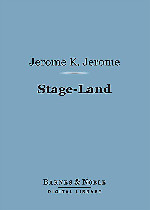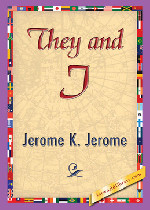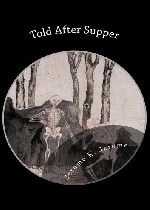
His name is George, generally speaking. "Call me George!" he says to the heroine. She calls him George (in a very low voice, because she is so young and timid). Then he is happy. The stage hero never has any work to do. He is always hanging about and getting into trouble. His chief aim in life is to be accused of crimes he has never committed, and if he can muddle things up with a corpse in some complicated way so as to get himself reasonably mistaken for the murderer, he feels his day has not been wasted.

“It is not a large house,” I said. “We don’t want a large house. Two spare bedrooms, and the little three-cornered place you see marked there on the plan, next to the bathroom, and which will just do for a bachelor, will be all we shall require—at all events, for the present. Later on, if I ever get rich, we can throw out a wing. The kitchen I shall have to break to your mother gently. Whatever the original architect could have been thinking of—” “Never mind the kitchen,” said Dick: “what about the billiard-room?”

Told After Supper(晚饭后的一席话) 立即阅读
It was Christmas Eve. I begin this way because it is the proper, orthodox, respectable way to begin, and I have been brought up in a proper, orthodox, respectable way, and taught to always do the proper, orthodox, respectable thing; and the habit clings to me. Of course, as a mere matter of information it is quite unnecessary to mention the date at all. The experienced reader knows it was Christmas Eve, without my telling him. It always is Christmas Eve, in a ghost story.